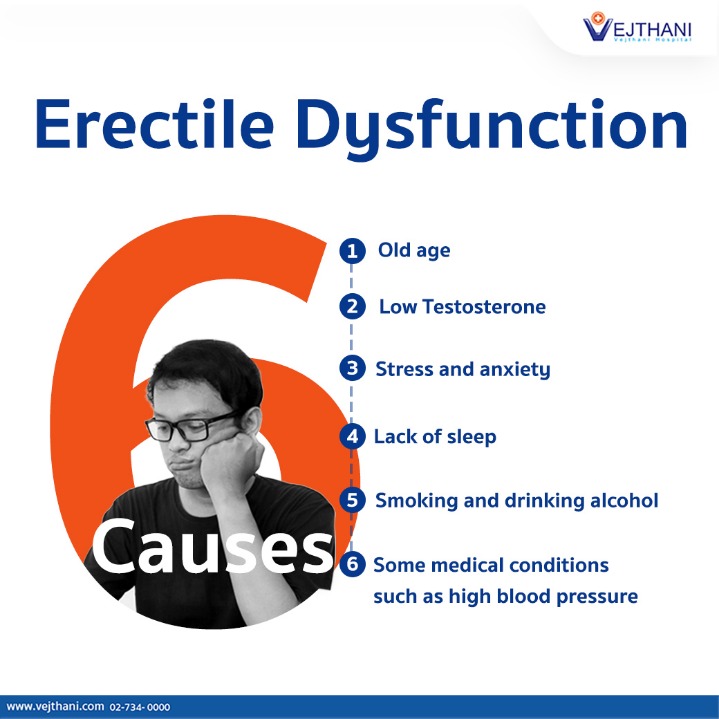Living with Peripheral Neuropathy can be challenging. Experiencing constant Neuropathic Pain can significantly affect your quality of life. Understanding how to effectively achieve Nerve Pain Relief and manage chronic discomfort is crucial for those struggling with these issues.
Understanding Peripheral Neuropathy
Peripheral Neuropathy is a condition resulting from nerve damage, often leading to uncomfortable symptoms. This condition can stem from various causes and can manifest in many forms.
Neuropathy Causes
- Diabetes
- Infections
- Genetic predispositions
- Autoimmune diseases
- Toxins, including alcohol and cancer treatments
Neuropathy Symptoms
The symptoms of neuropathy vary depending on which nerves are affected:
- Numbness and tingling
- Sharp, jabbing, or burning pains
- Muscle weakness
- Coordination problems
- Sensitivity to touch
- Disruption in blood pressure, causing dizziness or fainting
Treatments for Nerve Damage and Neuropathic Pain
Nerve Damage Treatment
Addressing nerve damage often requires a multi-faceted approach. Treatments can be tailored to the individual’s specific condition and the underlying causes.
Nerve Pain Relief Strategies
- Medications like anti-seizure medicines and antidepressants can provide relief.
- Topical treatments such as creams and patches containing capsaicin or lidocaine.
- Physical therapy to improve mobility and strength.
- Transcutaneous Electrical Nerve Stimulation (TENS) for pain management.
- Complementary therapies, including acupuncture and biofeedback.
Read more about Neuropathy Causes here.
Chronic Pain Management
Effectively managing chronic nerve pain involves a comprehensive plan.
Neuropathy Support
Supportive care is vital for those dealing with neuropathy. Here are some ways to find and offer support:
- Joining neuropathy support groups for shared experiences and encouragement.
- Employing tools and devices that assist with daily activities.
- Having open communications with healthcare providers about symptoms and treatment efficacy.
Frequently Asked Questions (FAQs)
Q: What are the main neuropathy causes?
A: Common causes include diabetes, infections, genetic predispositions, autoimmune diseases, and exposure to toxins.
Q: What are typical neuropathy symptoms?
A: Symptoms can include numbness, tingling, sharp pains, muscle weakness, coordination issues, and sensitivity to touch.
Q: What nerve damage treatment options are available?
A: Treatments vary widely and can include medications, topical treatments, physical therapy, TENS, and complementary therapies like acupuncture.
Understanding and managing Peripheral Neuropathy and Neuropathic Pain are significant for improving the life of those affected. Intensive and personalized nerve pain relief strategies and robust chronic pain management plans can lead to better outcomes and enhanced quality of life.



